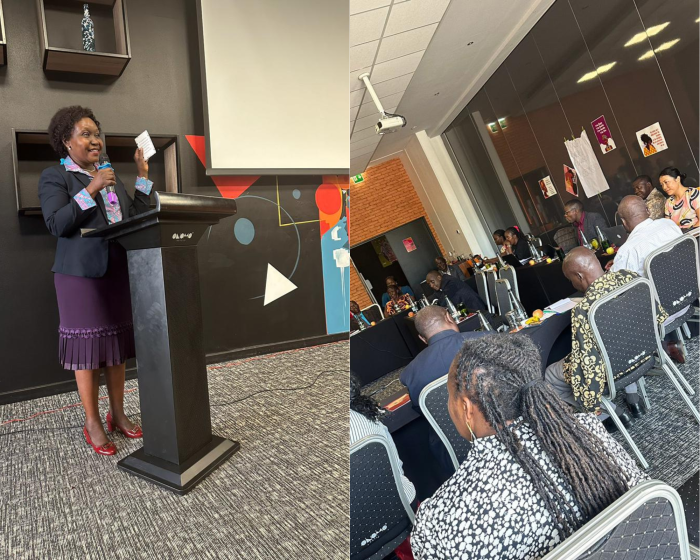
Uganda Government Partners with CEDOVIP and @WW2PreventVAWG to Integrate GBV Prevention in Climate Change Initiatives
In a groundbreaking move towards addressing gender-based violence (GBV) within the realm of climate change, the Government of Uganda has joined forces with the Center for Domestic Violence Prevention (CEDOVIP) and @WW2PreventVAWG to initiate a co-design exercise. This collaborative effort aims to seamlessly integrate GBV prevention and response mechanisms into Uganda’s climate change sector.
The co-design exercise, spearheaded by CEDOVIP and @WW2PreventVAWG, marks a significant step forward in recognizing the intersectionality of GBV and environmental issues. By bringing together experts from both sectors, including government officials, activists, and environmentalists, the initiative seeks to develop comprehensive strategies that address GBV within the context of climate change adaptation and mitigation.
“This partnership underscores the importance of addressing GBV as an integral part of our efforts to combat climate change,” stated a representative from the Government of Uganda. “By incorporating gender-responsive approaches into our climate policies and programs, we can create more resilient and inclusive communities.”
Through a series of workshops, consultations, and collaborative sessions, stakeholders will work towards identifying key challenges and opportunities for integrating GBV prevention and response mechanisms into climate change initiatives. This inclusive approach ensures that the voices and experiences of marginalized groups, particularly women and girls, are central to the development of effective strategies.
“We are excited to embark on this journey of co-designing innovative solutions that recognize the interconnectedness of GBV and climate change,” remarked a spokesperson from CEDOVIP. “By fostering collaboration between different sectors, we can build more holistic and sustainable approaches to addressing these complex challenges.”
@WW2PreventVAWG, a leading global initiative focused on preventing violence against women and girls in conflict and humanitarian settings, brings valuable expertise and insights to the collaboration. Their involvement highlights the importance of adopting a multi-sectoral approach to GBV prevention and response, especially in contexts where climate change exacerbates existing vulnerabilities.
As the co-design exercise progresses, the partners remain committed to fostering dialogue, sharing knowledge, and catalyzing action towards building a safer and more resilient future for all Ugandans. By integrating GBV prevention and response into climate change initiatives, Uganda sets a powerful example for other countries striving to address the intertwined challenges of gender inequality and environmental degradation.
